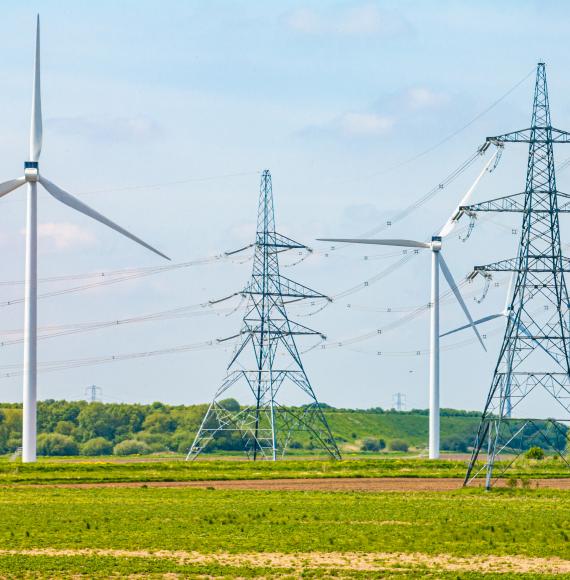A new guide to special economic zones (SEZ), including freeports and investment zones, finds that they risk rewarding companies whose growth extracts wealth from local communities. With the government’s industrial strategy imminent, they will need to ensure that any new SEZ policy supports good jobs for those that need it most.
Special economic zones: a UK user guide, has been written using research from the Centre for Local Economic Strategies (CLES) and covers what SEZs are, the risks and benefits of their operation and current locations. The guide explores case studies of businesses operating in SEZs in the UK and provides insight and commentary on SEZ policy under the Labour government and where the agenda should go next.
The guide is the first in a sequence of releases from CLES, looking at SEZs, with further work expected to explore how they can be used to create better local outcomes, aligned with the government’s goal of fair growth. Key questions will include how SEZs can enable employment and skills opportunities that better support communities in need, how they enable the extraction of wealth and how governance can improve financial accountability.
Commenting on the report, Sean Benstead, Senior Researcher at CLES and lead author of the report, said:
“On paper, SEZs are designed to attract investment, create good jobs, and stimulate innovation by offering tax breaks, relaxed regulations, and targeted support to businesses. However, while SEZs might create jobs and attract investment in the short term, their long-term impact is often uneven. The benefits tend to be concentrated in large and extractive multinational business, leaving local communities struggling to see real, meaningful benefit.
“However, SEZs do have the potential to drive positive change, but only if they’re implemented thoughtfully and in a way that passes the benefits to workers, communities and the social economy.”
To do this, SEZs need to involve local workers and communities in decision-making. They should seek opportunities to place conditions on tax benefits to ensure that jobs are well paid, high quality and going where they are needed the most. They should also prioritise incentives for small businesses and social economy organisations, to start to de-link our places’ reliance on extractive multinational capital.
“If we get it right, SEZs could be a powerful tool to spur a new, more inclusive economy. If we follow the current route, we risk creating zones of inequality, rather than opportunity.”
Image credit: iStock



















